Why it is not enough to hire just a good product manager

Engineers build the product, designers design the UI, UX of the product, marketeers market the product, testing and Q/A guys test the product.
So, who are these product managers? What do they do and why do you even need them?
Some people think of product managers as middlemen who just delegate tasks to others and essentially do nothing. Something like this:
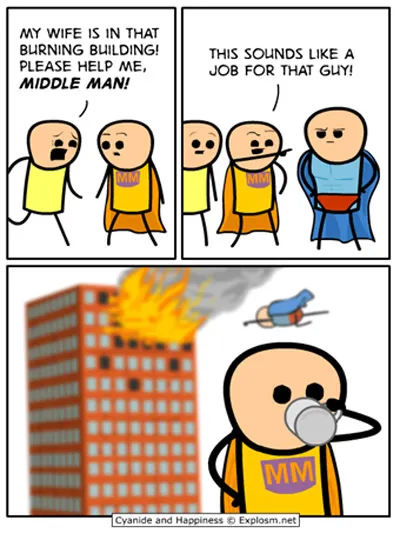
On the outside, it might look like that. But the job of a product manager is much more. The product manager is often called the 'product CEO'. A product manager’s job is at the intersection of business, tech and design. His key role is to give direction to the product and, as a result, to everyone’s work as well. He defines the roadmap and the initiatives to be taken. He also evaluates the impact/effort metric and prioritises the tasks.
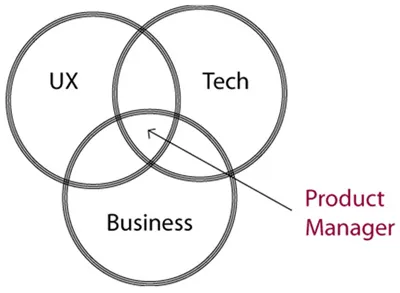
As I said earlier, a product manager gives direction to the product and the whole team. So if the product does well, everyone’s work will have great value; and if he messes up, the collective effort of all the designers, developers, testers, marketeers working for that product, has gone for a toss. Simply said, the product manager or product owner has the potential to make or break the product.
Thus, this job is really crucial, and anyone just ‘good' would not work.
What this implies is that it is all the more important to hire a great product manager than just settle for a good one. Good is mediocre and good product managers create mediocre products.
It will be the great product managers who will create disruptive products for your users. And, if you are thinking good is fine for now, just remember:
Mediocrity is the worst outcome of any product, any company.
Good vs. great product manager
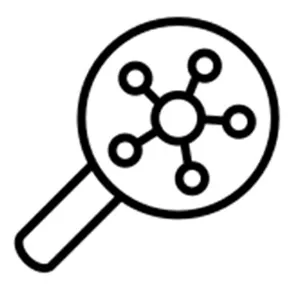
- A good product manager relies on data, and takes decisions backed by data.
A great product manager is data-driven but also has a holistic picture. Data alone might be misleading at times. For instance, you can add a game on the e-commerce company app, and that will increase the engagement of the users. But great product managers will ask pertinent questions, like if the game is adding value to the customer’s experience. Or if it is helping you achieve any business objective.
- A good product manager would do what he is asked to do. He would rely on someone else’s business objectives and assume that others who are higher up in the hierarchical order are sure of what they want and know what it will impact.

Thus, he will always question their beliefs, challenge their assumptions and will make them understand the complete picture. He would not just say 'yes' to a feature because someone higher up in the hierarchy has asked for it.

- A good product manager takes customer feedback and builds everything for the customers.
A great product manager knows that sometimes even the customers don’t know what they want, so building what they ask for does not always solve the purpose. He takes customer feedback but does what he thinks will be best for the product and the customers in a long run.
“If I’d asked my customers what they wanted, they’d have said a faster horse.” — Henry Ford

- A good product manager creates many nice features in the product. He believes that ‘more features = better product’
A great product manager identifies the core of the product and only adds features that are meaningful to the customers and business. He prevents the software from becoming bloat-ware.

- A good product manager multi-tasks. He handles multiple initiatives and says 'yes' to a lot of things.
A great product manager exhibits great focus. Focus to him doesn’t mean saying ‘no’ to things that he anyway wasn’t going to do. What it means is saying no to something that he thinks is a phenomenal idea, because he is focussing on something else. A great product manager has this important attribute of saying ‘no’ to distractions and noise.
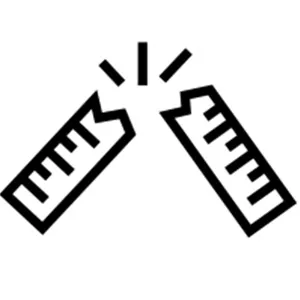
- A good product manager follows all the best practices, standards and guidelines.
A great product manager challenges the standards and questions the approach. He does grounds-up thinking, and doesn’t limit his thinking to the existing standards. This attribute is the birthing ground for his disruptive solutions.
While the good product managers follow standards, great product managers create new ones.
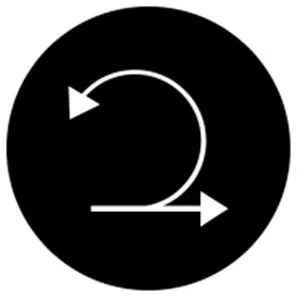
- A good product manager wants perfection the first time. He takes extra time to ship a product/feature perfectly.
A great product manager understands that to improve is to change, and to be perfect is to change often. He creates Minimum Viable Product (MVP) and uses iterative development models to reach perfection. He builds prototypes in a way that an idea can be validated in 1-2 weeks before building the complete feature.
A good product manager on the other hand takes extra time to build a ‘perfect' feature the first time, only to realise later that it doesn’t work with customers.

- A good product manager knows what he is doing next and has clear immediate targets.
A great product manager is a visionary. He knows the short-term goals, but he also has clarity on where he wants the product to finally be in the long-term. In his mind, the ultimate destination is always clear.
He might sometimes sacrifice short-term benefits for long-term ones. This would never be the case with a good product manager as he always sees short-term benefits first.
(Disclaimer: The views and opinions expressed in this article are those of the author and do not necessarily reflect the views of YourStory.)







